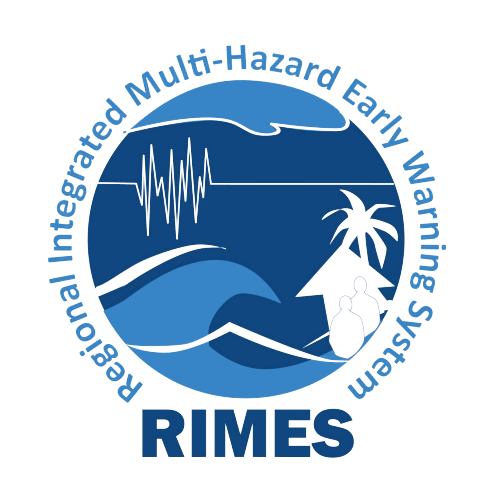About CARE
The Climate Adaptation and Resilience (CARE) for South Asia Project, supported by the World Bank responds to gaps in climate-informed planning and decision making in South Asia.
CARE’s focus is on translating policy into actions, by fostering regional cooperation and knowledge on climate resilience and adaptation, and development of standards and guidelines for facilitating climate-resilient planning and investments.
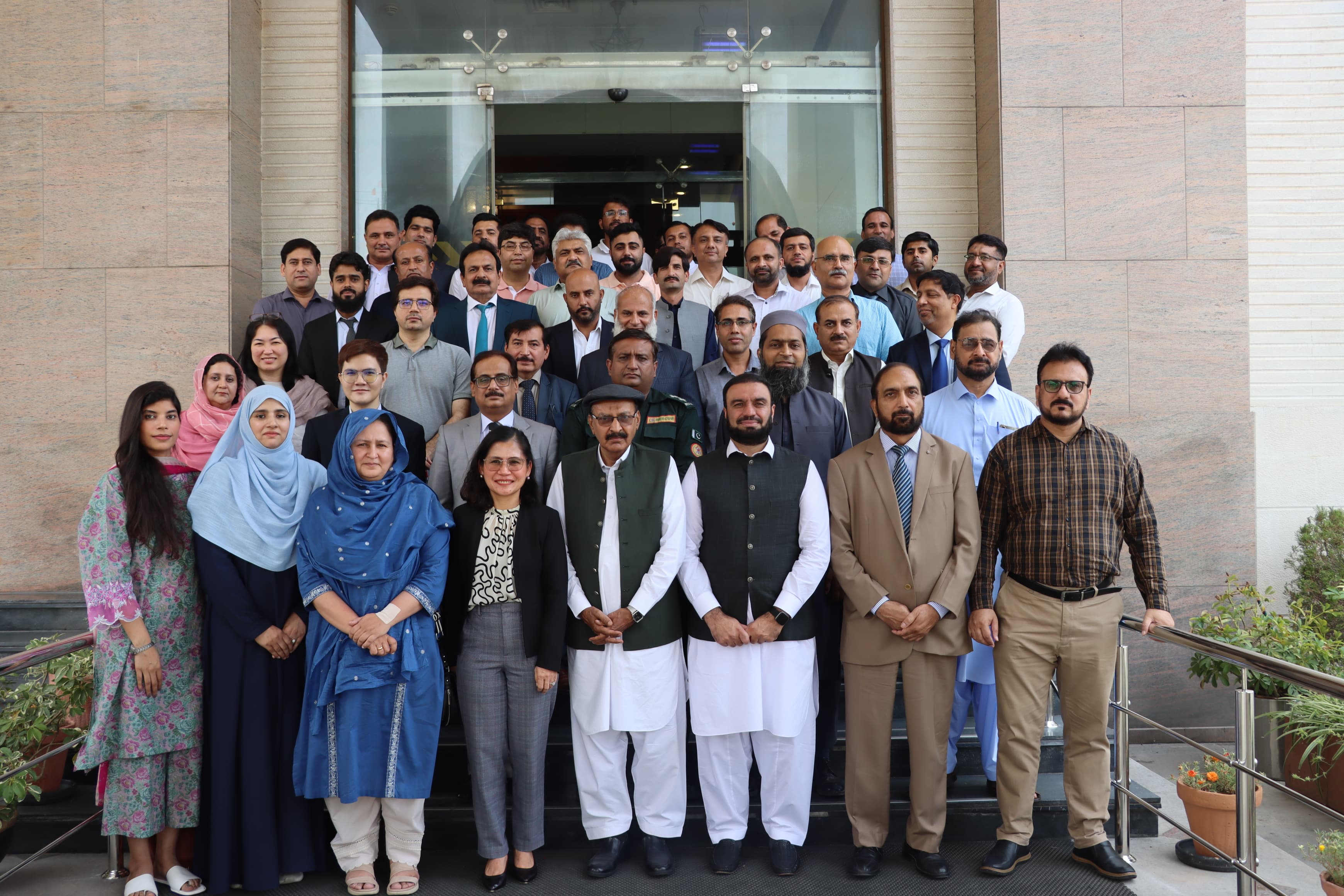
CARE Component I
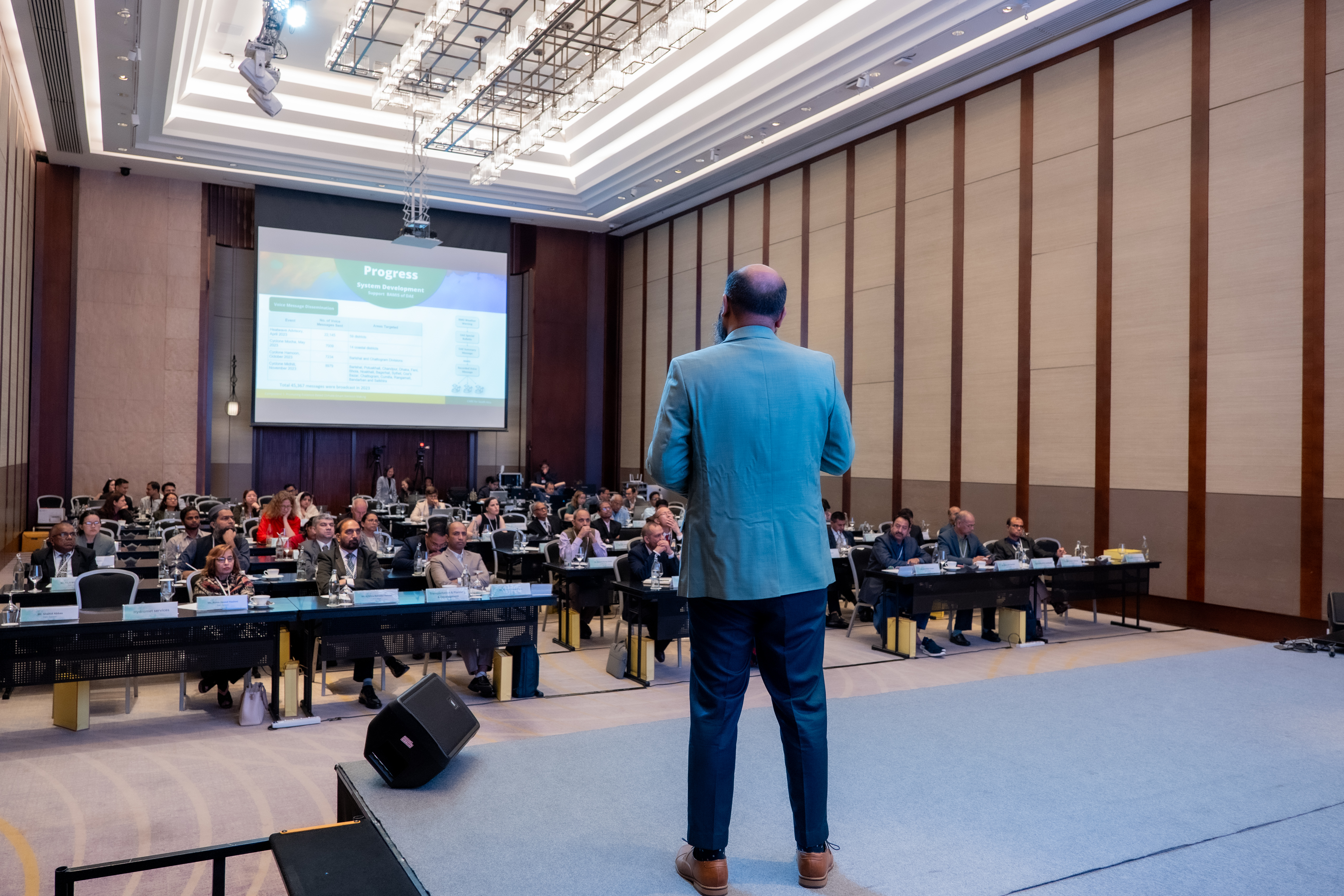
CARE Component 1 is implemented by the Regional Integrated Multi-Hazard Early Warning System (RIMES), with a focus on promoting evidence-based climate-smart decision making.
CARE Project Component 1 supports the World Bank’s development objective to create an enabling environment for climate-resilient policies and investments across South Asia through the creation of a regional resilience data and analytics service (RDAS) platform and national decision-support systems (DSSs) for selected sectors, namely: agriculture, water, livestock, road transport, disaster risk management, and planning and development in focus countries: Bangladesh, Nepal, and Pakistan.
Component 1 also includes interventions for National Meteorological and Hydrological Services (NMHSs), to better respond to users’ requirements, and capacity development of users to apply climate/weather information to plans and decisions. Through support for the South Asia Hydromet Forum, CARE Component 1 uses a holistic approach to user-centric generation and the application of climate information in plans and decisions.
CARE Component II
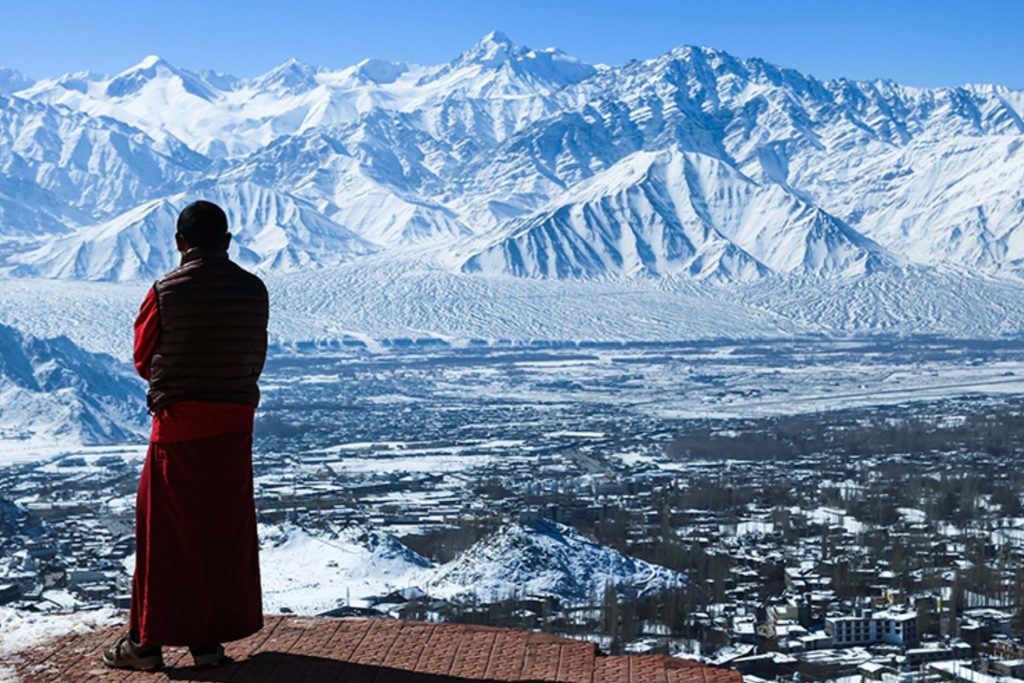
CARE Component II is implemented by the Asian Disaster Preparedness Center (ADPC), focused on enhancing policies, standards, and capacities for climate-resilient development in South Asia.
CARE Project Component II promotes the transformation of policies and institutional capacities for climate-resilient development in agriculture, transport, integrated water resources management, policy & planning, and finance in South Asia.
ADPC will facilitate high-level dialogues, develop climate-resilient guidelines in the priority sectors, and promote innovation and adoption of disruptive technology at national and regional levels.
Anchored in building on the governments’ plans, the project will facilitate national institutions to meet commitments under the various global frameworks, such as the Paris Agreement on Climate Change and the 2030 Agenda for Sustainable Development.
Who We Are

About CARE
The Climate Adaptation and Resilience (CARE) for South Asia Project, supported by the World Bank responds to gaps in climate-informed planning and decision making in South Asia.
CARE’s focus is on translating policy into actions, by fostering regional cooperation and knowledge on climate resilience and adaptation, and development of standards and guidelines for facilitating climate-resilient planning and investments.

Climate-Informed Decision Support
Regional Cooperation
- Strengthen climate resilience through climate-smart planning and investments.
- Turn climate policies into actionable strategies for sustainable development.
- Facilitate regional cooperation and knowledge exchange on climate adaptation.
CARE’s Focus
CARE Component 1 is implemented by the Regional Integrated Multi-Hazard Early Warning System (RIMES), with a focus on promoting evidence-based climate-smart decision making.
CARE Project Component 1 supports the World Bank’s development objective to create an enabling environment for climate-resilient policies and investments across South Asia through the creation of a regional resilience data and analytics service (RDAS) platform and national decision-support systems (DSSs) for selected sectors, namely: agriculture, water, livestock, road transport, disaster risk management, and planning and development in focus countries: Bangladesh, Nepal, and Pakistan.
Component 1 also includes interventions for National Meteorological and Hydrological Services (NMHSs), to better respond to users’ requirements, and capacity development of users to apply climate/weather information to plans and decisions. Through support for the South Asia Hydromet Forum, CARE Component 1 uses a holistic approach to user-centric generation and the application of climate information in plans and decisions.
Lorem ipsum dolor sit amet, consectetur adipisicing elit. Optio, neque qui velit. Magni dolorum quidem ipsam eligendi, totam, facilis laudantium cum accusamus ullam voluptatibus commodi numquam, error, est. Ea, consequatur.

CARE’s Piloting Countries
CARE Component 1 Piloting Countries
Nepal
Lorem ipsum dolor sit amet consectetur. Nulla quam in id venenatis nisi quis vel. Sed nulla magna purus felis varius. Pellentesque ut et eros donec nulla integer nulla faucibus. Nec dui fringilla nec est arcu quis. Sit leo adipiscing feugiat ornare nunc arcu. Elementum pellentesque leo vel nunc ut morbi nec convallis. Arcu pharetra elementum enim accumsan leo cras ultrices. Et eget consequat tellus in. Enim ante vel velit malesuada tincidunt ut vel. Molestie nunc eget enim lorem.
Climate Adaptation and Resilience (CARE)
Asian Disaster Preparedness Center (ADPC) and the Regional Integrated Multi-Hazard Early Warning System (RIMES) are jointly implementing a five-year (2020-2025) regional project called Climate Adaptation and Resilience (CARE) for South Asia with support from the World Bank. The overarching objective of the project is to contribute to an enabling environment for climate resilience policies and investments in agriculture, livestock, planning & finance, transport, and water sectors in South Asia.
By creating an enabling environment for climate-resilient policies and investments across South Asia, CARE for South Asia aim to achieve its development objective through implementing two parallel but distinct Components:
Component I
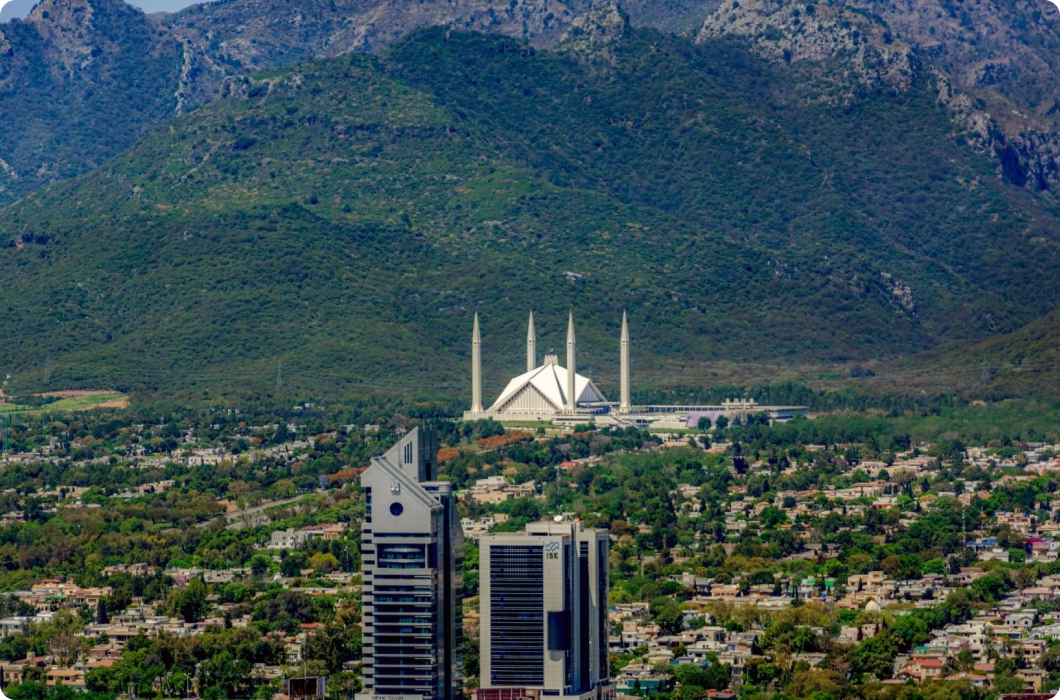
RIMES is implementing the first Component which focuses on promoting evidence-based climate smart decision-making. CARE Component 1 enhances climate-smart decision-making in South Asia by developing a regional resilience data platform and decision-support systems for key sectors in Bangladesh, Nepal, and Pakistan. It also strengthens meteorological services, builds user capacity, and promotes the effective use of climate data through the South Asia Hydromet Forum.
Component II

ADPC is implementing the second Component which focuses on enhancing policies, standards, and capacities for climate-resilient development in South Asia. CARE Component 2 promote the transformation of policies and institutional capacities for climate-resilient development for key sector in Bangladesh, Nepal, and Pakistan. ADPC will facilitate high-level dialogues, develop climate-resilient guidelines in the priority sectors, and promote innovation and adoption of disruptive technology at national and regional levels.

Component I
RIMES is implementing the first Component which focuses on promoting evidence-based climate smart decision-making. CARE Component 1 enhances climate-smart decision-making in South Asia by developing a regional resilience data platform and decision-support systems for key sectors in Bangladesh, Nepal, and Pakistan. It also strengthens meteorological services, builds user capacity, and promotes the effective use of climate data through the South Asia Hydromet Forum.
Component II
ADPC is implementing the second Component which focuses on enhancing policies, standards, and capacities for climate-resilient development in South Asia. CARE Component 2 promote the transformation of policies and institutional capacities for climate-resilient development for key sector in Bangladesh, Nepal, and Pakistan. ADPC will facilitate high-level dialogues, develop climate-resilient guidelines in the priority sectors, and promote innovation and adoption of disruptive technology at national and regional levels.
CARE’s Focus Countries
While implementing in South Asia Region, CARE for South Asia project has the national-level activities in the piloting countries, namely, Bangladesh Nepal Pakistan
While implementing in South Asia Region, CARE for South Asia project has the national-level activities in the piloting countries, namely, Bangladesh, Nepal, and Pakistan.

